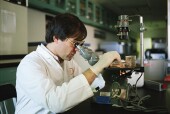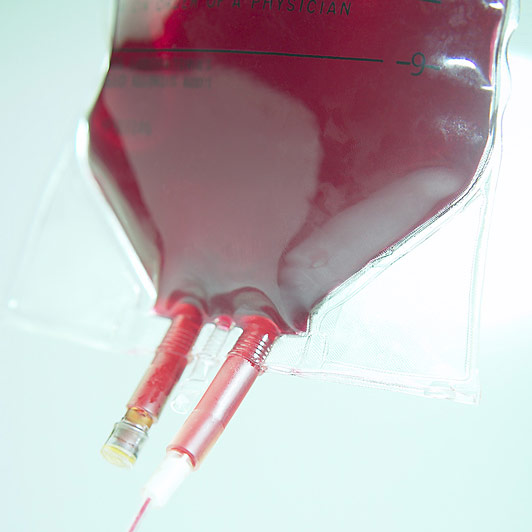
WEDNESDAY, Aug. 26, 2015 (HealthDay News) — An experimental blood test may one day detect the return of early stage breast cancer months before it is revealed by CT or MRI scans, researchers report.
Initial treatment with surgery or chemotherapy can miss some cancer cells. The new test can detect DNA shed by tumors into the bloodstream before these stray cancer cells invade other organs, the British researchers said.
“Using a simple blood test, we might be able to better predict who is at risk of relapse,” said lead researcher Dr. Nicholas Turner, of the Breakthrough Breast Cancer Research Centre at the Institute of Cancer Research in London.
The test is still a long way from use in clinical practice, however. “This is the first study to show this, and much more study will be required before the test could enter the clinic,” he said.
One challenge in treating breast cancer is working out who is at risk of developing secondary cancer after treatment, Turner explained.
“If we can identify better who is at risk of relapse, we can direct treatments to prevent relapse specifically to them,” he said. “Women who still have tumor DNA detectable have a high risk of going on to relapse.”
For the study, published Aug. 26 in the journal Science Translational Medicine, Turner and colleagues studied 55 early stage breast cancer patients who had undergone chemotherapy followed by surgery. Blood samples were taken regularly for about two years after surgery to look for tumor-specific mutations in the patients’ blood.
Fifteen patients eventually saw their cancer return. Of these, 12 were identified by the blood test about eight months before conventional imaging detected the cancer, the researchers reported.
The noninvasive test was able to find metastatic tumors — cancers that had spread — in all parts of the body except the brain. This may mean that the blood-brain barrier prevents DNA in brain tumors from getting into the bloodstream, the authors said.
In some patients, the blood test found drug-resistant mutations. Knowing this, doctors can design treatments to target these mutations, Turner said.
Dr. Tilak Sundaresan, an oncologist with Massachusetts General Hospital Cancer Center in Boston, who co-authored a commentary published with the report, said circulating tumor DNA analysis shows promise for the early detection of breast cancer recurrence in women who were treated for early stage disease.
By detecting small amounts of cancer before they spread more widely, it “offers a window of opportunity to treat the cancer while it is still theoretically curable,” said Sundaresan.
Furthermore, because circulating tumor DNA provides a genetic snapshot of the growing cancer cells, it may give doctors the opportunity to design a more personalized approach to the treatments, he suggested.
“It remains to be seen, however, whether our ability to detect this harbinger of the cancer’s return so early will allow us to choose more effective and timely therapies to improve the chance of women with breast cancer living longer,” Sundaresan said.
More information
For more on breast cancer, visit the American Cancer Society.
Copyright © 2026 HealthDay. All rights reserved.

